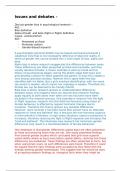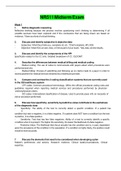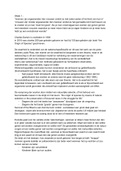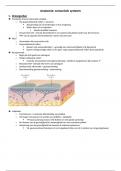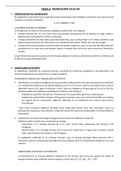Essay
Paper 3 16 markers
- Vak
- Instelling
This document contains every posisble 16 marker for forensics, issues and debates, schizophrenia and cognition and development. They are all Band 4, and A* answers. Provided is full essays and plans
[Meer zien]
